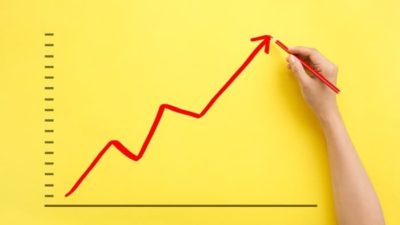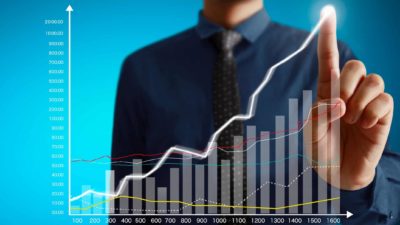The Carsales.com Ltd (ASX: CAR) share price is surging on Monday following the release of the company's financial year 2022 earnings.
Right now, it's trading at $22.66, representing a 4.67% gain.
That's slightly lower than its opening price of $22.75 which marks a 5% gain on its previous close. Meanwhile, its intraday high of $23.01 represents a seven-month high for the ASX stock.
Carsales share price takes off on full-year earnings
The Carsales share price is surging alongside its full-year revenue, profit, and dividend, as The Motley Fool Australia reported this morning.
The automotive classifieds company posted $509 million of revenue and $161 million of after-tax profit. It also upped its fully franked final dividend to 24.5 cents a share.
It also described a bright future, expecting to deliver "very strong growth" in financial year 2023.
That looks to be driven higher by strong trading conditions, its media and investment segments, and its new 100% stake in Trader Interactive.
Carsales CEO Cameron McIntyre said:
We continue to see robust levels of demand in all our key markets, reflecting the strength of our market position and the resilience of marketplace businesses through economic cycles.
This gives us confidence we can continue to deliver great results for our shareholders in financial year 2023.
How are brokers responding?
Not everyone appears thrilled with the company's full-year results.
RBC's Wei-Weng Chen noted the company's dividend missed estimate and its capital expenditure was above its normal range, while UBS's Tom Beadle said its guidance was "vague", The Australian reports.
The company expects its expenditure to normalise this financial year amid strong trading conditions.
Meanwhile, the publication reported that the results didn't surprise Macquarie's Darren Leung, but its guidance was more positive than the broker predicted.
Finally, JP Morgan's Don Carducci reportedly commented on an apparent upside on the financial year 2023 consensus.
Today's gain sees the Carsales share price 9% lower than at the start of the year. In comparison, the S&P/ASX 200 Index (ASX: XJO) has fallen 7% year to date.









